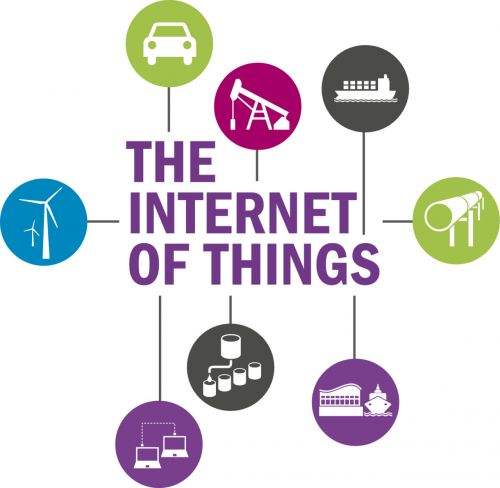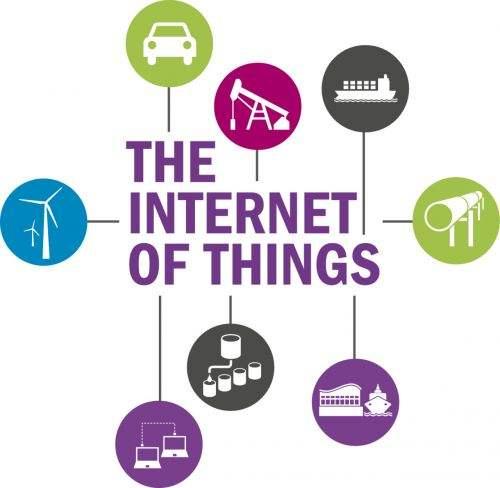
BEIJING, Mar. 15 (Xinhua) -- The fast growth of the Internet of Things (IoT) in China is the result of efficient and concerted efforts from the country's private sector and the government, from which the United States has plenty to learn, Cisco's vice president said.
Maciej Kranz, vice president of the American telecommunication titan Cisco Systems, said in an article published on the Forbes recently that he was impressed by China's surging IoT industry and believed that his country should learn lessons from China.
Recalling his latest business trip to Beijing, he said that in China the growth of IoT "permeates almost every business segment and public system, not only manufacturing and industrial sectors but also transportation, city services, health care, retail, agriculture and more."
"I was struck by signs all around that China is no longer a tech imitator -- it has matured into a tech innovator, solidifying its place as an IoT leader," said Kranz.
The IoT, a term coined in 1999, is used to describe the network of physical devices, vehicles, home appliances and other items. All "things" on the network are embedded with electronics which enable them to connect and exchange data.
It allows more direct integration of the physical world into computer-based systems.
In Kranz's observation, China's success in the IoT is largely due to two key factors: the support and guidance from the government, and the extreme dynamic IT market teeming with an array of ambitious startups unafraid of making mistakes.
Kranz urged the U.S. government to take a cue from the Chinese government and make more efforts to help the industry in the United States.
"Like the birth of the Internet and GPS or support for clean energy and tech apprenticeships, the role of governments as regulators, agenda setters and technology adopters in IoT has been profound," Kranz wrote.
He also advised that U.S. IT companies should learn from the unyielding entrepreneurship of their Chinese counterparts and risk more.
"To excel on the global stage, it's time to engage with Chinese partners and learn from their success," wrote Kranz.




 A single purchase
A single purchase









